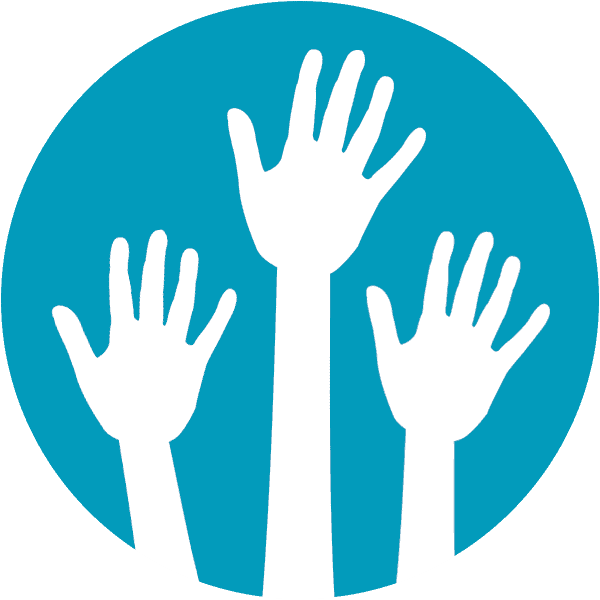Mental Health Resources
Dystonia is a neurological disorder that affects the physical body, but the impact goes far deeper and may affect a person’s emotional and mental health. Individuals diagnosed with dystonia commonly experience symptoms that affect more than how the body moves.
If you are feeling depressed, anxious, or overwhelmed, please consider reaching out for help. The following resources are available to you.
National Suicide Prevention Lifeline
The Lifeline provides 24/7, free, confidential support for people in distress, and prevention and crisis resources. This is a resource for not only those actively in distress, but those who come in contact with individuals in crisis and need guidance on what to do. Visit https://suicidepreventionlifeline.org/ or call 800-273-8255. The website offers a chat function to connect online with a trained crisis worker.
Crisis Text Line
If you text 741741 a crisis worker will text with you. The goal is to help individuals move from an emotionally overwhelming place to a sense of calm. The website also offers suggestions and exercises to help someone stay calm. For more information: https://www.crisistextline.org/
Teen Line
Teen Line is a confidential hotline for teenagers that operates every evening from 6 pm-10pm PT. Call at 800-TLC-TEEN (852-8336), text “TEEN” to 839863, or email. Teen Line also offers message boards, resources, and information. For more information: https://teenlineonline.org/
Substance Abuse and Mental Health Services Administration
SAMHSA’s National Helpline is a free, confidential, 24/7 treatment referral and information service for individuals and families facing mental and/or substance use disorders. Visit: https://www.samhsa.gov/find-help/national-helpline
American Psychiatric Association
American Psychiatric Association provides a “Find a Psychiatrist” search and information on topics pertaining to mental health. Go to: https://www.psychiatry.org/ or call 888-357-7924.
American Psychological Association
The Psychology Help Center is an online resource featuring articles and information related to psychological issues affecting daily physical and emotional well-being. It also offers a “Find a Psychologist” search. Go to: www.apa.org/ or call 800-374-2721 or 202-336-5500.
Local Resources
In additional to national resources, consider resources close to home, including:
- Local crisis centers
- The nearest medical Emergency Room
- Area mental health professionals: clinical psychologists, licensed counselors/therapists, clinical social workers, and psychiatrists.
The Dystonia Medical Research Foundation is a 501(c)(3) non-profit organization dedicated to advancing research for improved dystonia treatments and ultimately a cure, promoting awareness, and supporting the well-being of affected individuals and families.



